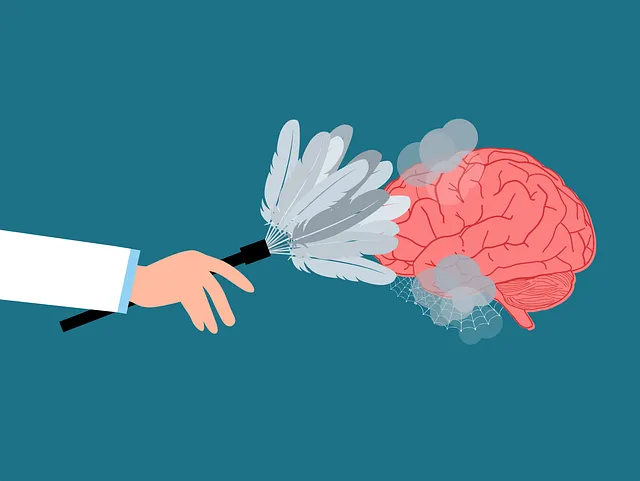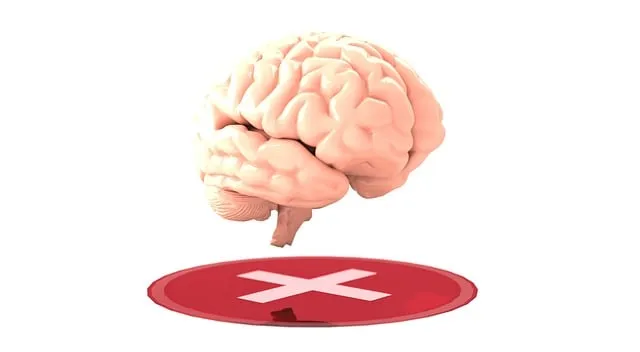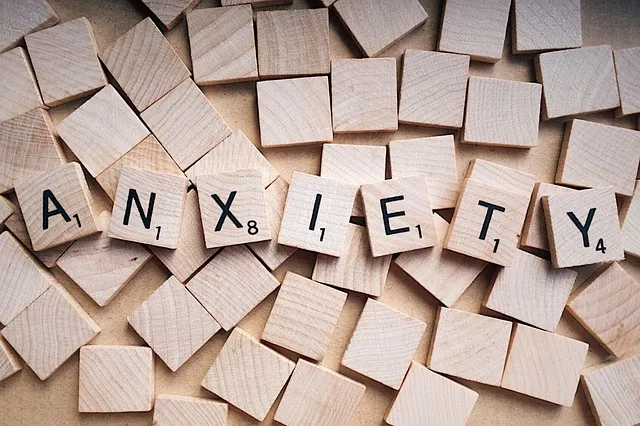Denver and Kaiser offer distinct yet complementary approaches to inpatient mental health services. While Denver focuses on intensive, short-term stays for acute crises using CBT and stress management, Kaiser provides longer-term holistic healing through mindfulness and communication strategies. Both emphasize resilience-building through tailored programs like the RFM model (Resilience, Flexibility, Mastery) and Stress Management Workshops. Integrating these practices enhances both healthcare providers' well-being and their ability to deliver exceptional care.
In today’s challenging world, building resilience is paramount for navigating life’s storms. One powerful framework gaining traction is RFM (Resourcefulness, Flexibility, and Mastery), a trio of skills that empower individuals to cope with stress and adversity. This article explores the concept of RFM and its role in fostering resilience, comparing inpatient mental health services in Denver versus Kaiser through a lens of effective resilience-building exercises. Discover strategies to enhance your mental well-being and cultivate lasting resilience. Learn how Denver and Kaiser’s approaches might differ in helping individuals embrace RFM principles for a more robust and resilient mindsets.
- Understanding RFM and Its Role in Resilience Building
- Denver vs. Kaiser: Inpatient Mental Health Services Compared
- Effective Resilience-Building Exercises for Improved Mental Well-being
Understanding RFM and Its Role in Resilience Building

Resilience is a critical component of overall well-being, and Denver does Kaiser have inpatient mental health services that support its development. One effective framework for fostering resilience is the RFM model, which stands for Resilience, Flexibility, and Mastery. This approach aims to enhance individuals’ ability to navigate life’s challenges by building inner strength through specific exercises. By understanding one’s unique resilience factors (such as strengths, skills, and social support), individuals can develop strategies to manage stress more effectively.
The Stress Management Workshops Organization offers various programs tailored to different needs, from trauma support services for those who have experienced significant adversity to general wellness workshops focused on cultivating inner strength development. These initiatives equip people with tools to adapt to stressful situations, promoting a sense of control and empowerment. Incorporating resilience-building exercises into daily routines can significantly contribute to an individual’s ability to cope with life’s challenges, ensuring they emerge stronger and more resilient.
Denver vs. Kaiser: Inpatient Mental Health Services Compared

When comparing Denver’s inpatient mental health services to Kaiser’s, several key differences stand out. While both offer comprehensive care, Denver often focuses on intensive, short-term stays, ideal for acute crises and rapid stabilization. This approach prioritizes immediate relief and aggressive interventions, leveraging techniques like cognitive behavioral therapy (CBT) and stress management strategies. In contrast, Kaiser tends towards longer-term inpatient programs, emphasizing ongoing recovery and resilience building through practices such as mindfulness meditation and communication strategies tailored to individual needs.
Kaiser’s approach reflects a commitment to holistic healing, addressing not just current symptoms but also equipping patients with long-lasting coping mechanisms. This contrasts with Denver’s more crisis-oriented model. However, both systems aim to empower individuals to lead fulfilling lives by tackling mental health challenges head-on, albeit through different paths: one focusing on swift resolution, the other on deep healing and resilience.
Effective Resilience-Building Exercises for Improved Mental Well-being

Resilience is a powerful tool for navigating life’s challenges, and healthcare providers in Denver, such as those at Kaiser, recognize its importance in promoting mental well-being. Effective resilience-building exercises can empower individuals to cope with stress, anxiety, and trauma, reducing the risk of burnout, a common concern among healthcare professionals. One such exercise is mindfulness meditation, which has been shown to reduce symptoms of depression and anxiety by fostering present-moment awareness and emotional regulation.
Additionally, social skills training and crisis intervention guidance are integral components of building resilience. These strategies encourage open communication, foster supportive relationships, and provide individuals with effective coping mechanisms during difficult times. By integrating such exercises into their routines, whether through dedicated programs or personal practices, healthcare providers in the Denver area can enhance their own mental health while continuing to offer exceptional patient care.
Resilience is a powerful tool in navigating life’s challenges, and RFM (Recovery-Focused Methodology) offers a comprehensive framework. The comparison between Denver’s and Kaiser’s inpatient mental health services highlights the importance of tailored programs. By incorporating effective resilience-building exercises, individuals can enhance their mental well-being and foster adaptability in the face of adversity. Understanding RFM and its role, as illustrated by these services, empowers folks to prioritize their mental health and embark on a journey of personal growth and transformation.






